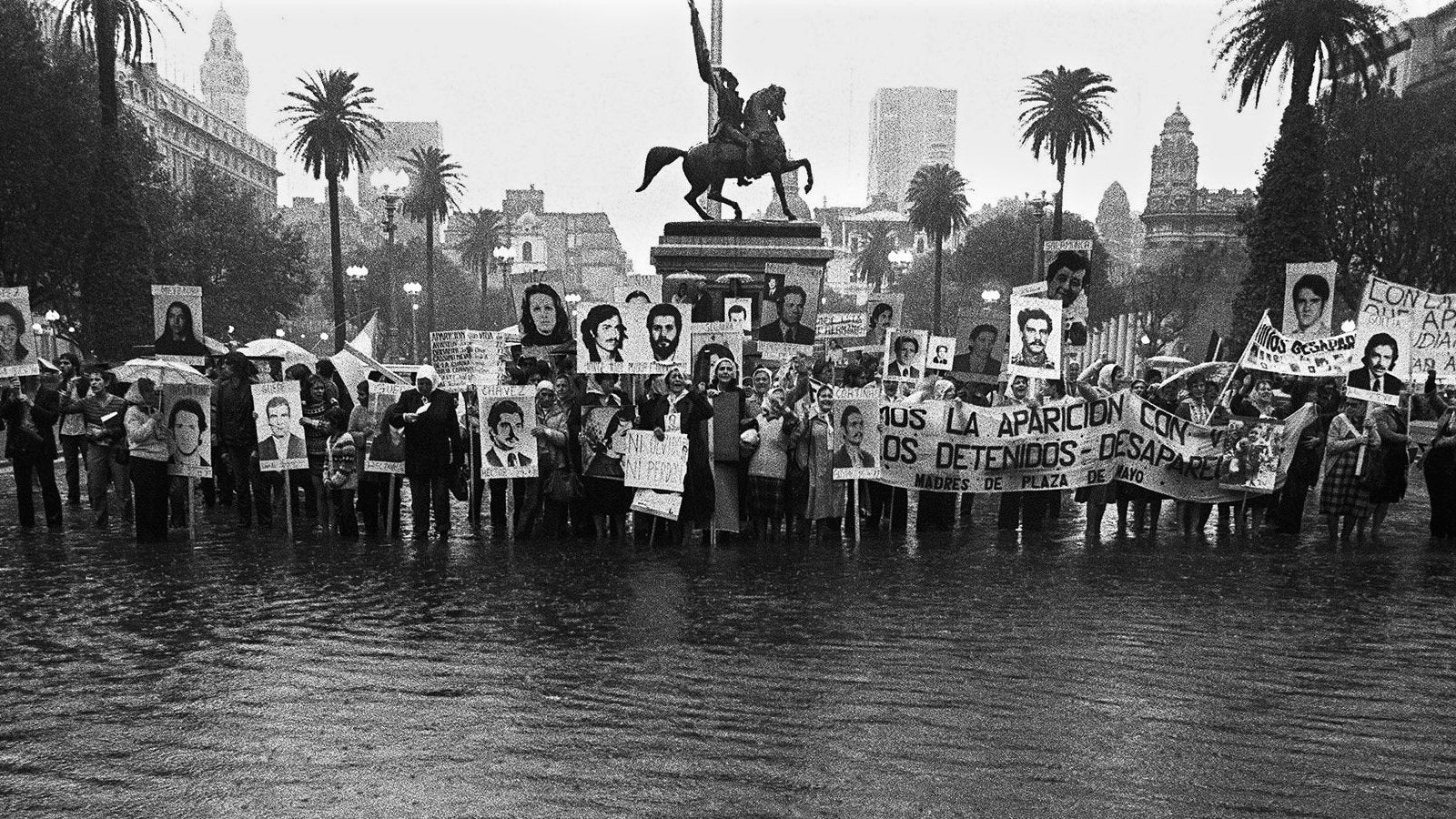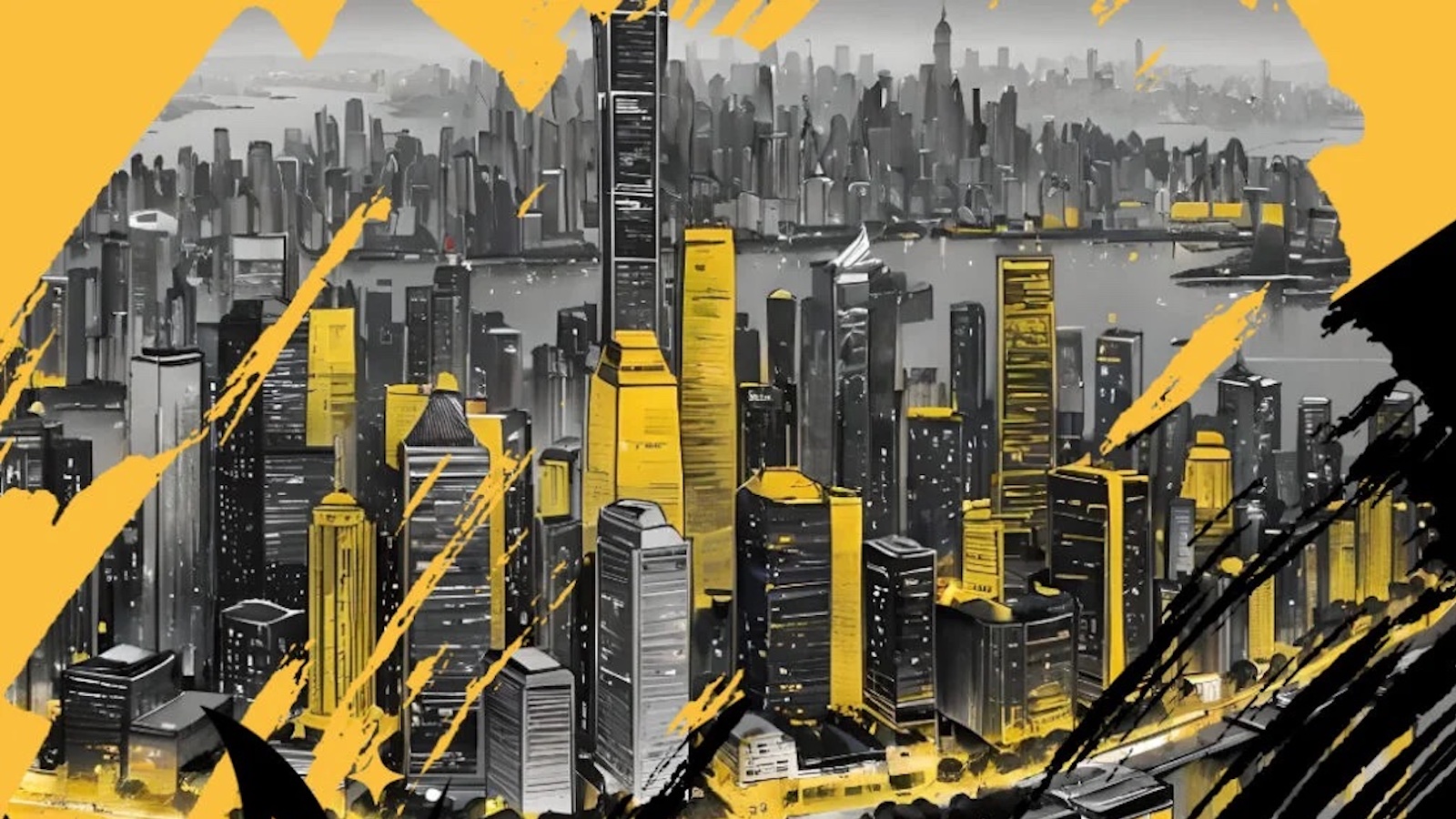
On Viewing the Desaparecidos
Type the words “Dirty War” into Wikipedia, and you are told that from 1974 to 1983, as part of Operation Condor, Argentina’s military forces, along with paramilitary death squads, hunted down political dissidents believed to be associated with socialism, left-wing Peronism or the Montoneros movement, killing or ‘disappearing’ between 22,000 and 30,000 people.
We are also informed that Operation Condor targeted communist guerrillas and sympathisers, students, militants, trade unionists, writers, journalists, artists, and citizens suspected of being left-wing activists. Whether these murdered victims were actual participants, innocent or otherwise, in a nascent uprising hoping to take control of the government by force is not mentioned. Neither is the Soviet Union’s leadership of, or financial support for, the impending violent revolution.
The Dirty War began nearly fifty years ago, and understanding it properly requires placing oneself within the context of 1970s world politics.
Post WWII, the Soviet Union and China relentlessly instigated, financed, and supplied armed revolutions whenever an opportunity arose and wherever they, or their proxies, were not in power. First in Eastern Europe, then Korea, Southeast Asia, the Caribbean, and, by 1970, in Latin America, communism was coming to the people by foul means or fair.
With the election of Chile’s Salvador Allende in November 1970, the rapidly spreading worldwide communist revolution gained a foothold on Latin America’s mainland. Henceforth, it had a base to initiate its armed struggle against the evil forces of bourgeoise exploitation in the southern cone.
Despite having no mandate to transform Chile into a Marxist state (he won 36% of the vote, marginally more than his two democratic opponents), President Allende pressed ahead with a revolutionary agenda. After three years in power and no growth in his popularity, evidence emerged that Allende was overseeing the illegal importation of weapons and activists from a sympathetic Cuba. Following a hapless attempt to replace the judges on the Supreme Court, the military, led by General Pinochet, drew a halt to these revolutionary activities, shot Allende and ‘disappeared’ tens of thousands of socialist sympathizers from Chilean society.
How are we invited to understand this today? It seems the accepted mainstream narrative of this period is that brass hats brutally suppressed innocents wishing to progress society because, well, that is what they do.
While studying Chilean history as an undergraduate in early 1980s Canada, I was drawn to why two stable and increasingly prosperous democratic countries like Chile and Argentina should suddenly become violently repressive. Analysis of the coups in both academic literature and the press offered a combination of CIA malfeasance, self-serving big business malintent, and bloodthirsty brass hats showing typical reactionary disregard for the wishes of the nations they served.
No mention was made of how atypical this was for both nation’s militaries and that neither had done this before. With no doubt that what happened in both countries was tragic, I wanted to know what initiated the repression and whether the mainstream interpretation I was being fed was contestable.
Studying post-war communist activity, one learns that struggles undertaken in China, Vietnam, Cambodia, Laos, Afghanistan, Angola, Mozambique, Rhodesia, Cuba, Colombia, and Peru resulted in countless millions of disappearances and deaths. In the West, supporting these struggles drew no opprobrium, particularly in academia. Did those preaching and supporting revolutionary armed struggle, either physically or verbally, ever consider the cost in lives before doing so?
Looking at the Latin American examples, I thought it only fair to ask that those who participated in the struggles take responsibility for their actions and accept blame for the outcome. Had there been no threat of armed struggle in Chile or Argentina, would there have been Desaparecidos?
I was also curious to understand the thinking that drove the military to act so brutally against so many people when it was their job to protect them. The propaganda claims it was in the beast’s nature—how brass hats acted. Maybe they acted out for self-preservation, knowing that, as with other Soviet-fomented armed conflicts, they would suffer proportionately the greatest losses, whichever side they took. Or had the Generals made the calculated decision to act, as militaries should, quickly and decisively against an identified enemy to the state? In which case, were they not just doing their duty?
No army officer has a constitutional right to depose his president. Yet, after the Chilean President acted so detrimentally to the people’s safety, maybe Pinochet was right to halt an impending civil war.
In Argentina, it is documented that both Isabel Peron and her successor, Italo Luder, ordered the military to act forcefully against the growing insurgency. Whether the various forces commissioned to counter the insurgency subsequently acted proportionately or egregiously is a question for the courts. Argentina has confronted the terrible crimes perpetrated by the Junta by prosecuting various perpetrators and compensating surviving relatives. But not everybody has received closure, justice, or compensation and today, many still ask the question, what happened to the undocumented victims, and why were they ‘disappeared’?
As we are only a generation away from this contemporary issue becoming history, it will soon become an academic question. Certainly, more thorough studies and wider discussions need to be undertaken to understand the events surrounding this painful period. To do this, academia needs to move away from its present narrow Marxist methodology of analysis and stop framing the tragedy of innocent deaths as a left versus right struggle. It is false and leads nowhere good.
The true struggle was not between progressive left-wing revolutionaries and reactionary right-wing military governments but rather between those who sought to live in a peaceful democratic society and those who chose violence and terror to force their ideology on an unwilling populace. Included with the latter are those who, believing they might benefit, gave tacit support to such an outcome.
The innocent dead, through their surviving mothers, fathers, sisters, brothers, sons, and daughters, have every right to insist history provides answers that might assuage their pain. As the collateral damage of illegitimate violence, their grievances are authentic.
But nobody affiliated with any political movement that sought, through force, to usurp the legitimate government should stand with these victims. Refusing to accept culpability or express remorse for such activity precludes them from the right to demand anything until, at the very least, answers are provided regarding the extent to which they sought to prosecute their aims. Until that happens, they should escape no scrutiny from anybody seeking the truth about what happened.
Argentines are right to mourn the deaths of its innocents. Yet, difficult as it is to accept, they should also count their blessings. It may be of little solace to the grieving, but things would have been far worse had swift action not been taken to quell the violent revolutionary activities taking place. We know in hindsight that civil war, with its potential for deaths numbering in the millions, was avoided and that civil society, with its democratic elections and legal system based on rules, not guns, returned. Finding similar outcomes outside of Latin America is not possible.
Free the People publishes opinion-based articles from contributing writers. The opinions and ideas expressed do not always reflect the opinions and ideas that Free the People endorses. We believe in free speech, and in providing a platform for open dialogue. Feel free to leave a comment.



